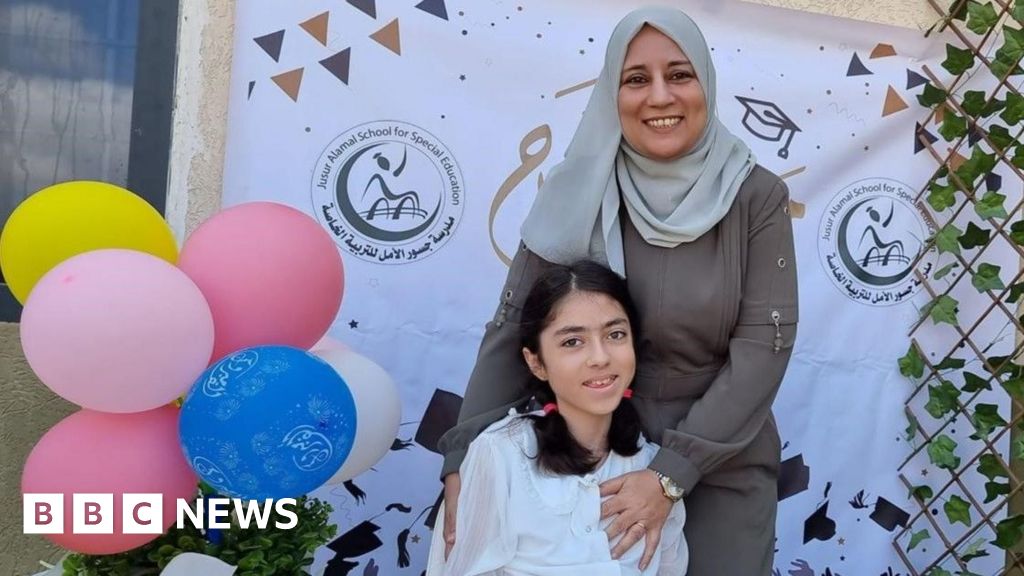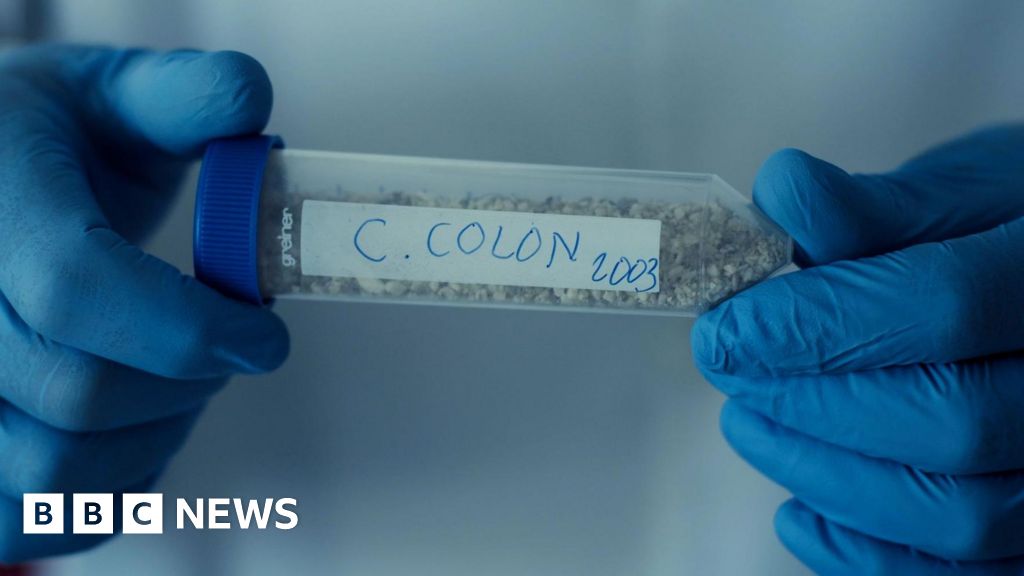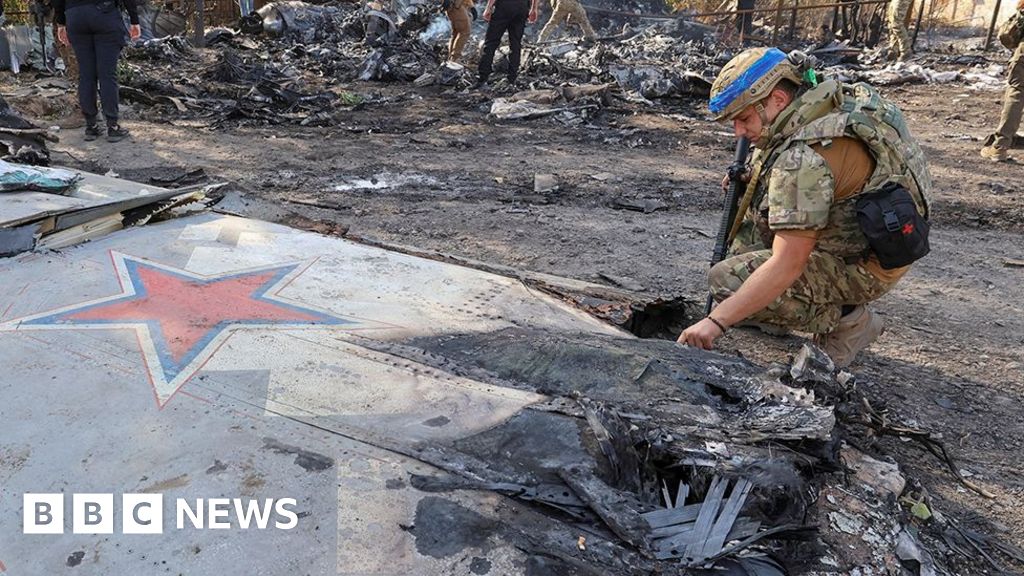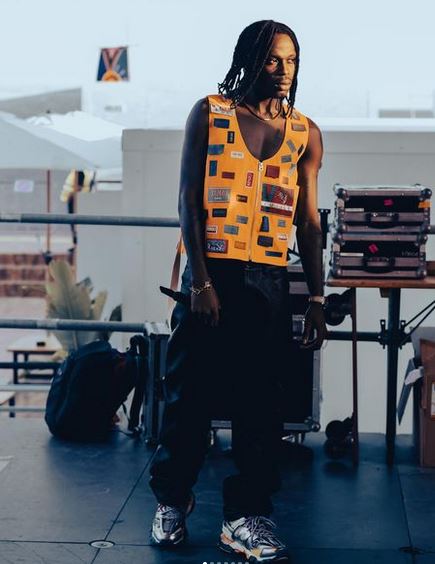Place your adverts here on InfoDig @ low rates; banner ads, sponsored links and guest articles etc. Contact us
US President Joe Biden has said he is "absolutely, positively" urging Israel to stop firing at UN peacekeepers during its conflict with Hezbollah in Lebanon, following two incidents in 48 hours.
On Friday, the Israel Defense Forces (IDF) said its troops were responsible the incident, in which two Sri Lankan soldiers for the UN Interim Force in Lebanon (Unifil) were injured.
IDF soldiers operating around the Unifil base in Naqoura identified a threat and opened fire, the Israeli army said, adding the incident would be investigated "at the highest levels".
On Thursday, two Indonesian soldiers for the UN Interim Force in Lebanon (Unifil) were injured falling from an observation tower after an Israeli tank fired towards it.
The leaders of France, Italy and Spain issued a joint statement condemning Israel's actions, saying they were unjustifiable and should immediately come to an end.
Sri Lanka's foreign ministry said it "strongly condemns" the IDF attack which injured two of its soldiers.
The head of UN peacekeeping said there was reason to believe some firing on UN positions in southern Lebanon had been direct, though he did not ascribe responsibility for the incidents.
"For example we have a case where a tower was hit by a fire and also damages to cameras at one of the positions - which obviously to us very much looked like direct fire," Jean-Pierre Lacroix told the BBC's Newshour programme.
As Israel's invasion of southern Lebanon continues, the IDF and the Lebanese armed group Hezbollah continued to fire missiles and rockets across the Israel-Lebanon border.
The IDF said it had detected about 100 rockets crossing into northern Israel from Lebanon within the space of half an hour on Friday. Two unmanned aerial vehicles (UAVs) were detected crossing from Lebanon, one of which was intercepted, the IDF said.
The Lebanese ministry of health said three people, including a two-year-old girl, were killed in an Israeli raid on the city of Sidon in southern Lebanon. Two Lebanese soldiers were killed after Israeli forces targeted an army post in the town of Kafra in southern Lebanon, the Lebanese army said.
In the capital Beirut, emergency workers continued to comb through the wreckage of buildings hit by two Israeli air strikes on Thursday.
Lebanon's prime minister said the attacks came with no warning and killed 22 people, all civilians, and injured another 117. Israel has not commented.
Israeli forces launched a ground invasion into southern Lebanon last month as they escalated their response to rocket fire from Hezbollah.
Hezbollah and Israel have been trading near-daily cross-border fire since last October, when the Palestinian armed group Hamas attacked communities in southern Israel.
The IDF has said the UN post struck in Naqoura on Friday was about 164ft (50m) away from the source of the threat identified by soldiers. It said it had told peacekeeping troops to stay in protected spaces at the time.
Unifil said Israeli military vehicles had knocked over barriers at another UN site in Labbouneh, closer to the border with Israel.
The incidents represented a "serious development", it said.
Lebanon’s Prime Minister Najib Mikati said Friday’s attack was "a crime which is directed at the international community".
Israel argues that Unifil has failed to stabilise the region, and has asked peacekeepers to withdraw northwards so it can confront Hezbollah.
The Israeli ambassador to the UN, Danny Danon, has reiterated Israel's call for Unifil personnel to withdraw north by 5km (3 miles) to "avoid danger," but the UN's Jean-Pierre Lacroix said they would remain in position.
About 10,000 peacekeepers from 50 countries are stationed in Lebanon, alongside around 800 civilian staff.
Since 1978, they have patrolled the area between the Litani River and the UN-recognised boundary between Lebanon and Israel, known as the "Blue Line".
Hezbollah began firing rockets into northern Israel on 8 October last year, the day after Hamas's deadly attack on southern Israel. The Iran-backed group says it is acting in solidarity with the Palestinians and has said it will stop firing if there is a ceasefire between Israel and Hamas in Gaza.
Over the past three weeks, Israel has dramatically escalated its campaign against Hezbollah, intensifying air strikes against southern Lebanon and southern parts of Beirut, assassinating Hezbollah's leader Hassan Nasrallah and launching a ground invasion.
Lebanon says more than 2,000 people have been killed, mainly in the recent escalation, and hundreds of thousands have been displaced. This week Hezbollah rocket fire has killed two Israeli civilians and a Thai national, Israeli authorities say.

 1 hour ago
22
1 hour ago
22





)






 English (US) ·
English (US) ·